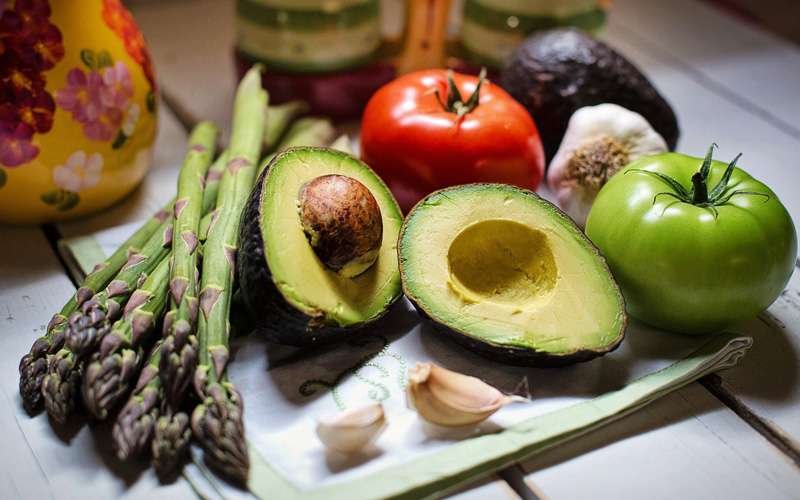We hear about vitamins all the time but have you ever stopped to ask yourself, what is a vitamin?
The technical answer to this question is that a vitamin is an organic chemical compound – or related set of compounds – that cannot be synthesized in sufficient quantities by our bodies and so must be obtained from the foods we eat.
Whew! That’s some definition.

But the simple way to put it is that vitamins are things our bodies need for a variety of tasks. Some, such as vitamin D, have hormone-like functions while some forms of vitamin A are regulators of cell and tissue growth and differentiation. Vitamin E (and sometimes vitamin C) functions as an antioxidant.
Maybe you weren’t aware of this but vitamins have names. Vitamin A is often called retinol, vitamin B1 is Thiamine, Vitamin B2 is Riboflavin, vitamin B3 is often called Niacin, while vitamin C is ascorbic acid and vitamin D is commonly called cholecaliferol.
An Essential Part Of Growth And Development
Vitamins are essential for our normal growth and development. For the most part, we get them through our food though we obtain some by other means. For example, microorganisms in our intestines – commonly called “gut flora” – produce vitamin K and biotin while good, old vitamin D is synthesized in the skin with the help of sunlight.
13 Vitamins
There are 13 vitamins your body needs to grow and develop. They are naturally present in a variety of foods. However, cooking, canning and other processing methods can destroy them. While some people take vitamin supplements daily, there are ways you can enhance your body’s ability to absorb and assimilate vitamins from foods by following a few basic procedures.
First, the best way to get vitamins that can be assimilated by the body is through eating the right foods. Fruits, vegetables, nuts and seeds all contain many thousands of vitamins in a form that is easily usable by the body.
Be sure to eat a varied diet that is high in vitamins and other good nutrients. Try to limit your intake of empty calories – that is, foods with little nutritional value and that may have high levels of sugars and fats.
Second, reduce the cooking time for many types of food. Try steaming or stir-frying vegetables so you won’t lose vitamins from excessive heat. Try to substitute canned or cooked fruits with raw fruits. This is because our bodies assimilate more vitamins from foods that are eaten in their raw or natural state.
Here are just a few vitamin containing foods:
Vitamin A: Green Leafy Vegetables, Oranges, Carrots, Apricots, Mangoes
Vitamin B3: Brown Rice, Broad Beans, Peas, and Dried Peaches
Vitamin C: Broccoli, Kiwi Fruit, Strawberries, Oranges, Spinach, Tomatoes, and Blackcurrants
Vitamin D: Mackerel, Salmon, Sunflower Seeds
Vitamin E: Spinach, Asparagus, Sunflower Seeds, Tomatoes, Almonds, and Carrots